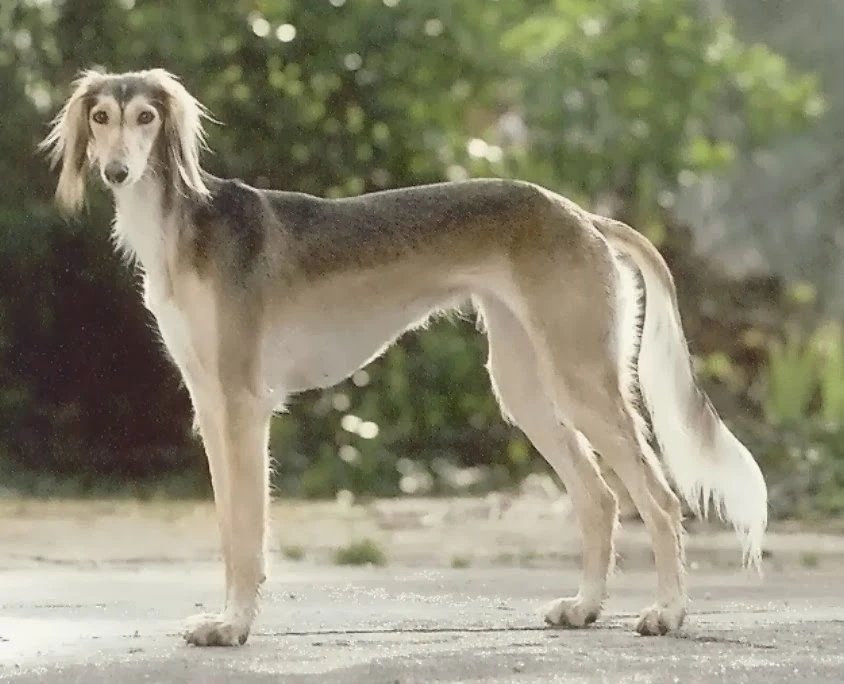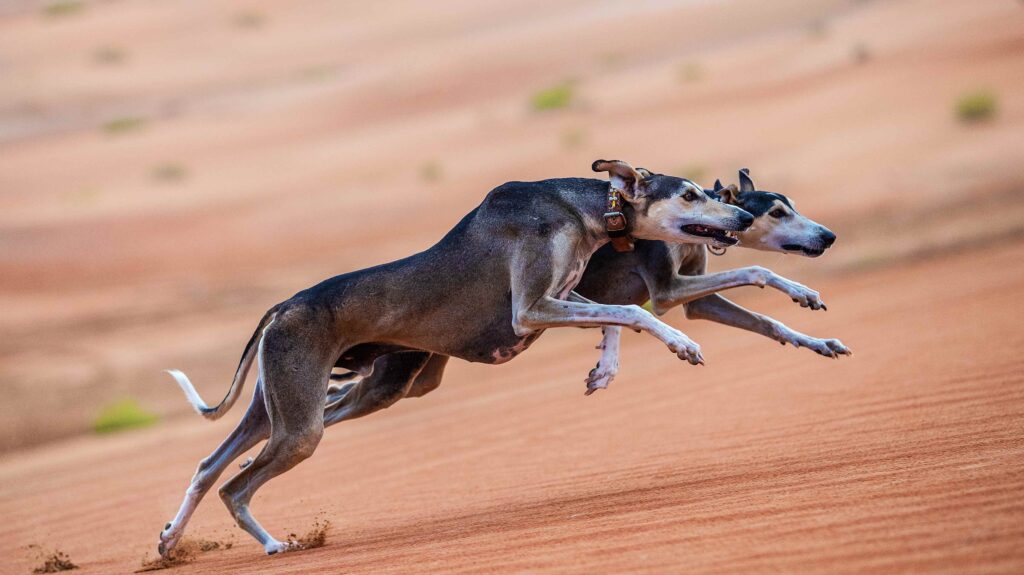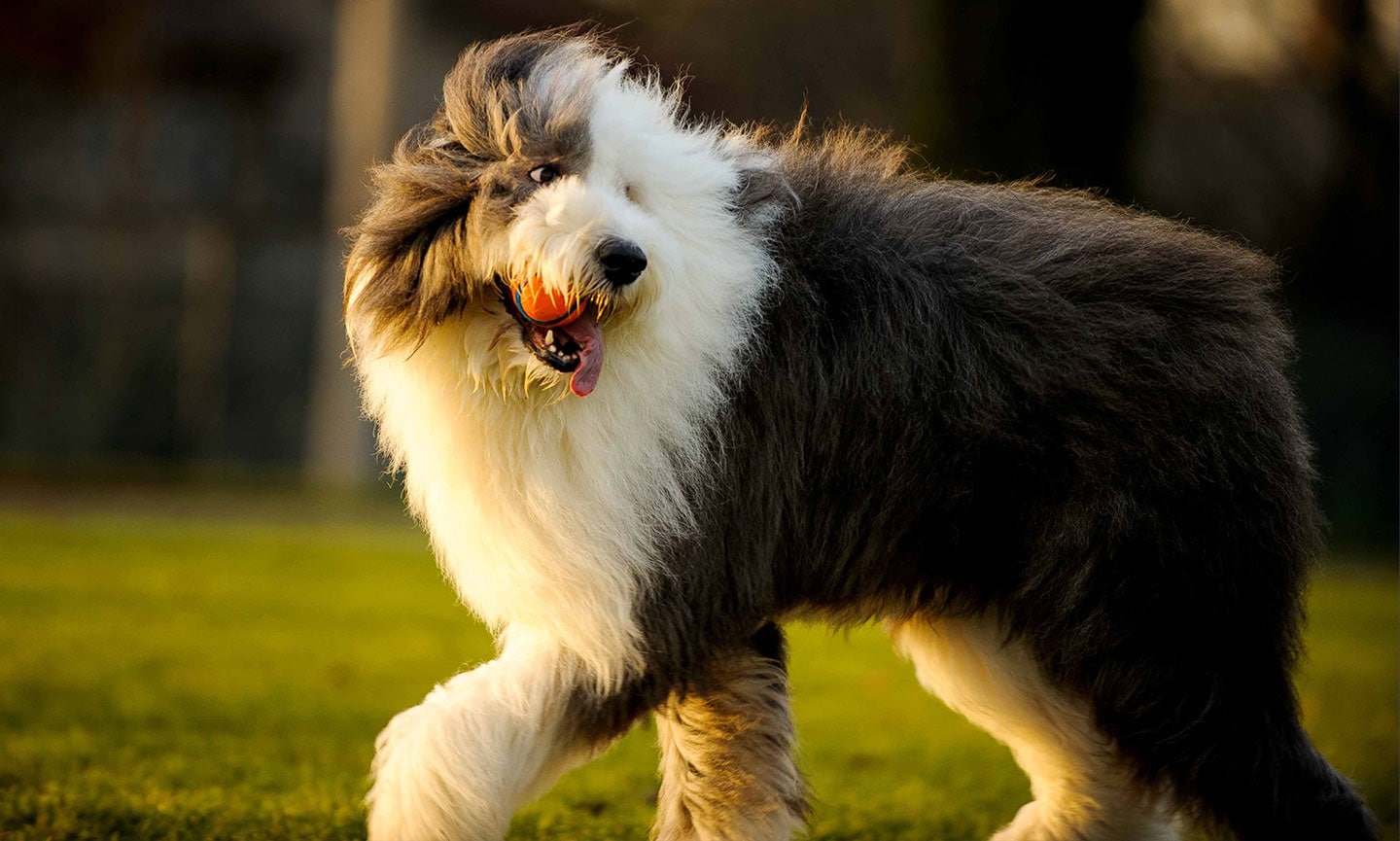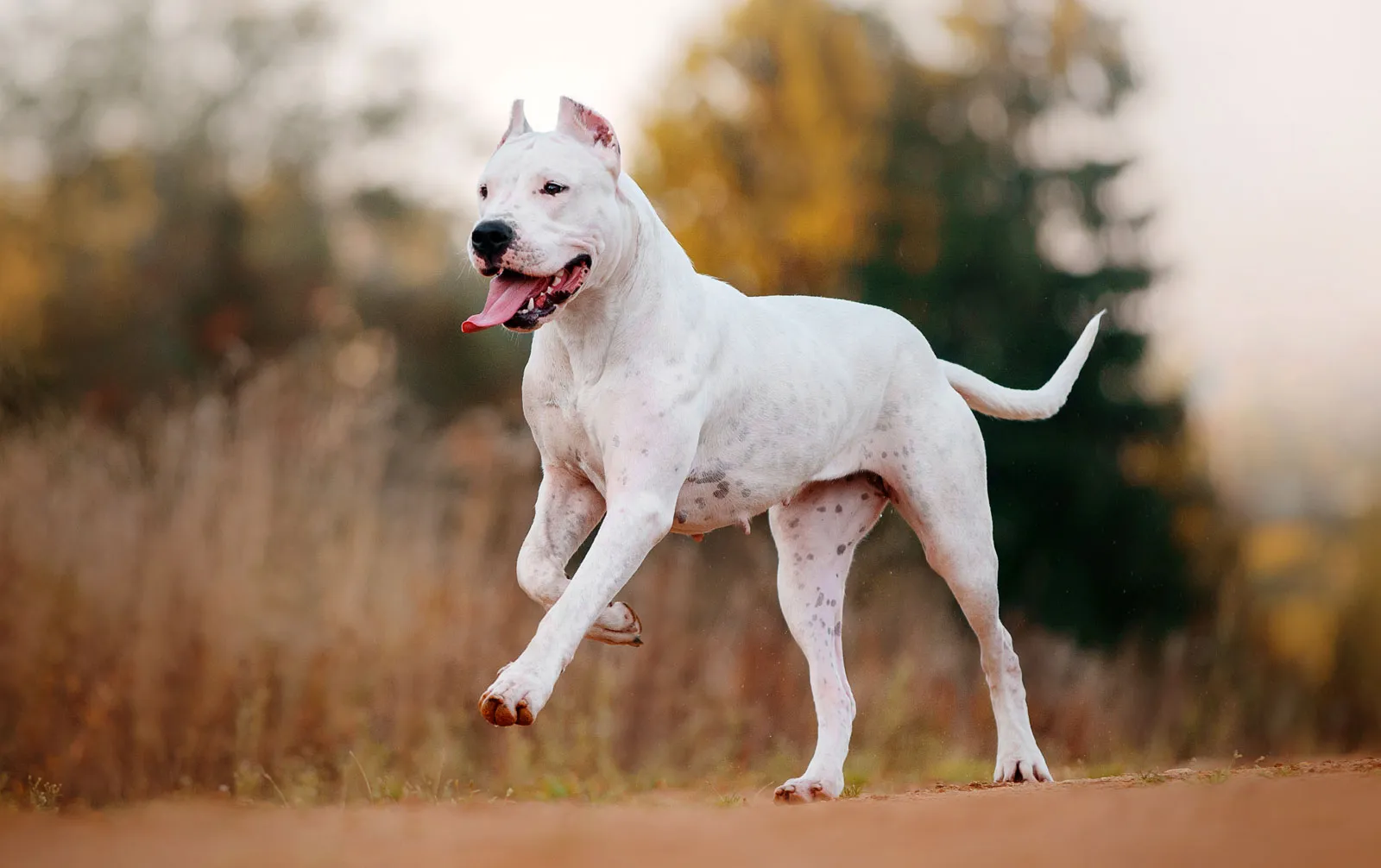Introduction
The Saluki is a graceful and athletic breed of dog that originated in the Middle East. Also known as the Persian Greyhound, they are known for their long, silky coat and elegant appearance. Salukis are a gentle and sensitive breed, and make loyal and devoted companions. They are independent dogs that require plenty of exercise and mental stimulation to remain happy and healthy. Due to their hunting background, Salukis have a high prey drive and may not be suitable for households with smaller pets.
Saluki Temperament
The Saluki breed is known for its regal and independent personality. These dogs are quiet, calm, and dignified, with a gentle and affectionate disposition towards their owners. Salukis have a strong prey drive due to their history as hunting dogs, which means they may not be suitable for households with small pets. While Salukis can be reserved around strangers, they are generally not aggressive and can get along well with other dogs if socialized properly.
Aggression

Aggressive behavior in Salukis can be caused by various factors, including a lack of socialization, fear, past trauma, health issues, or prey drive. Early intervention through professional training or behaviorist consultation, good care, and attention can prevent and address aggressive behavior.
Health and Lifespan
The reported lifespan range of Saluki breed is between 12 to 14 years. However, like any breed, the lifespan of a Saluki can be affected by various factors such as genetics, diet, exercise, and overall healthcare. Providing your Saluki with proper nutrition, regular exercise, and routine vet checkups can help ensure they live a long and healthy life.
Food for Saluki
To feed your Saluki, choose high-quality dog food with meat as the primary ingredient, or consult with a vet or nutritionist for homemade diets. Fresh water must be available, avoid overfeeding and give treats in moderation. Proper nutrition and care are vital for a long and healthy life.
Training for Saluki

Training a Saluki requires patience, consistency, and positive reinforcement. These dogs are known for their independent nature and can be more challenging to train than some other breeds. Start training your Saluki at a young age and use positive reinforcement techniques such as treats, toys, and praise to reinforce good behavior. Consistency is key, so make sure to establish clear rules and boundaries and stick to them. Socialization is also important for Salukis, so expose them to different people, animals, and environments from a young age to help them become well-adjusted and well-behaved adults.
Conclusion
In conclusion, the Saluki is a unique and elegant breed of dog that makes a loyal and devoted companion. As a sighthound, they require plenty of exercise and mental stimulation to stay happy and healthy. Salukis are generally gentle and sensitive, although they may exhibit aggressive behavior towards smaller animals due to their hunting background.



